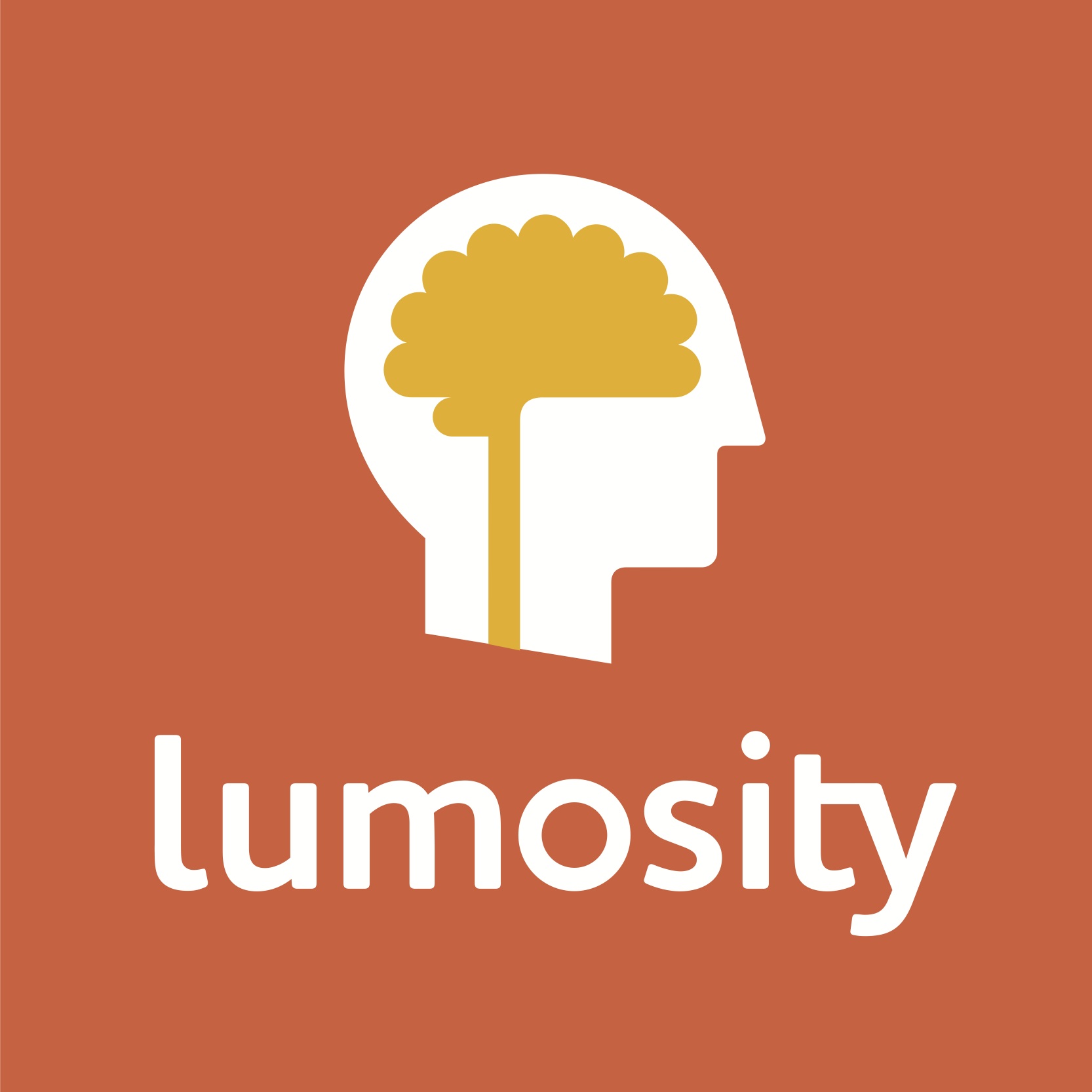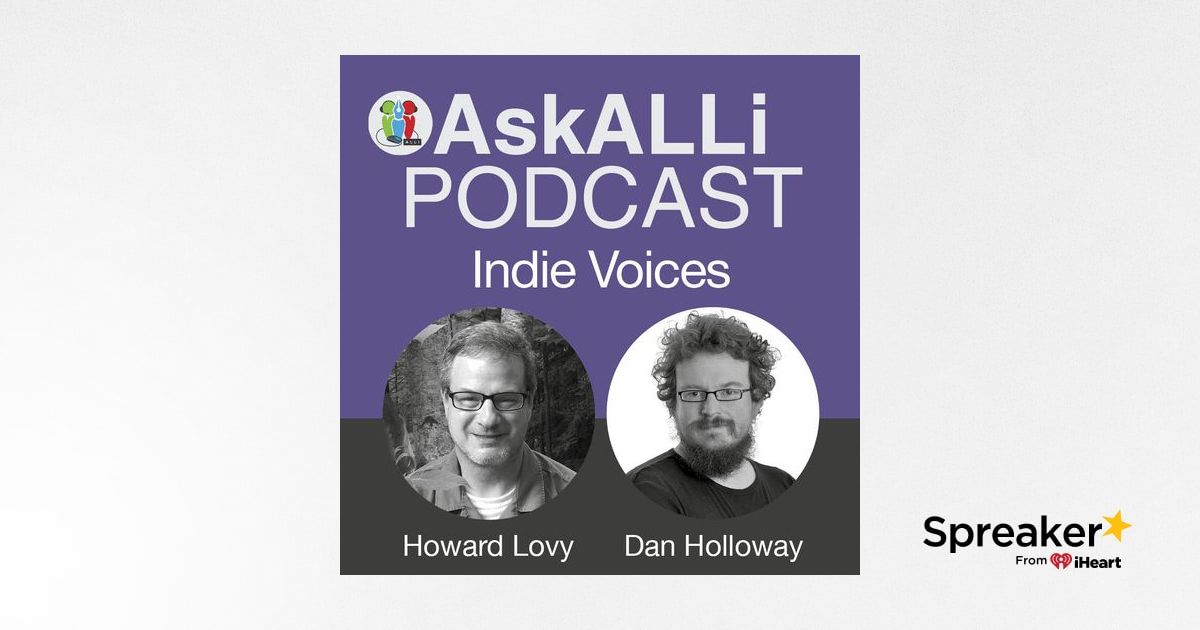

As we read, we’re constantly building and updating a mental model of what’s going on in the text, elaborating what we’ve read already and anticipating what will come next.
#Knowledge of brain app full
People reading within their domain of expertise have lots of related vocabulary and background knowledge, both of which allow them to steam along at full speed while novices stop, start, and re-read, struggling with unfamiliar words and concepts.ĭeep knowledge of what we’re reading about propels the reading process in other ways as well. The mental “chunking” that an expert - someone deeply familiar with the subject she’s reading about - can do gives her a decided speed and comprehension advantage over someone who is new to the material, for whom every fact and idea encountered in the text is a separate piece of information yet to be absorbed and connected. In the minds of experts, the authors explain, “a complex set of interrelated ideas” has “fused into a meaningful whole.”

In their forthcoming book, Make It Stick: The Science of Successful Learning, researchers Henry Roediger III and Mark McDaniel (along with writer Peter Brown) liken expertise to a “brain app” that makes reading and other kinds of intellectual activity proceed more efficiently and effectively.

(I’m put in mind of the old Woody Allen joke: He speed-read War and Peace, he cracks, and came away with the insight that “it’s about Russia.”)īut all is not lost for those of us who would like to read faster, at least some of the time - because there does exist an “app” of sorts that has been proven to allow faster reading and complete comprehension. When we read really fast - especially in complex or difficult material - our understanding of the text suffers. But there’s another check on reading speed that Spritz can’t do anything about: our ability to comprehend what we’re reading. RSVP has been studied by scientists for years, and it does appear to bypass the speed limit imposed by eye movements during normal reading. Then that word is whisked away and another appears in the same, optimal place - and quickly, quickly, others follow. When using the app, words are presented one at a time, in the exact spot where our gaze is “focalized,” or primed for visual recognition. “The structure of our visual sensors forces us to scan the page by jerking our eyes around every two or three tenths of a second.” These eye movements take time, slowing down the rate at which we can read.īut what if the words moved, instead of our eyes? That’s the innovation behind Spritz, which employs a technique called rapid sequential visual presentation, or RSVP.
It is true that “our eyes impose a lot of constraints on the act of reading,” as cognitive neuroscientist Stanislas Dehaene writes in his book Reading in the Brain. (The average college graduate reads at a rate of about 300 words per minute.) Spritz can do this, they say, by circumventing the limitations imposed by our visual system. Its makers claim that Spritz allows users to read at staggeringly high rates of speed: 600 or even 1,000 words per minute.


 0 kommentar(er)
0 kommentar(er)
